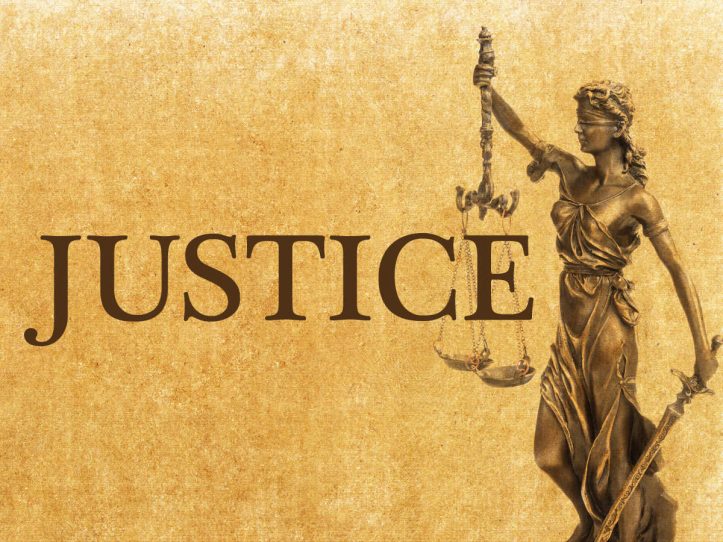Justice is actually one of our country’s most important legal and social principles. The word derives from the Latin subiculum, meaning law or right. Justice is usually associated with a system of law in which citizens are innocent until proven guilty. It is also used to define the concept of fairness in terms of treatment and opportunities.
The Oxford English Dictionary describes the ideal as one that is normally conducted impartially, giving everyone a fair chance to succeed and doing what is right in the circumstances.

Justice as a philosophical concept was developed by some of the greatest philosophers in history including Immanuel Kant, Leo Tolstoy, and Socrates. Justice is often viewed as a negative quality of contemporary society. However, some argue that without justice, people will not be able to live healthy, prosperous lives. It has also been argued that without justice people will become inherently predisposed to crime and violence. In light of these observations, it seems that justice ought to be viewed more as a benefit to humanity rather than a source of envy or resentment.
In light of this, it would be surprising if philosophers did not view justice as an essential part of a just and peaceful society. If you were to look into the history of Western Philosophy, you would find that many of its great philosophers held views on justice that are similar to today’s more liberal philosophies. Many of them viewed justice as something that can be voluntarily achieved through the application of strength and strategy. They further believed that individuals can work collectively to ensure that justice prevailed throughout a society. These ideas are still widely accepted in mainstream academia and are commonly referred to as Rawlsian justice.
There are different conceptions of justice according to different philosophers. Justice as fair and equal is often referred to as utilitarianism. The other conception of justice as providing for the rights of those being affected by the action is called fundamentalism. The major difference between utilitarians and fundamentalists regarding the conception of justice is that utilitarians believe that the distribution of wealth should always take into consideration the overall good of a society while fundamentalists believe that a society’s moral obligation is to protect the poor as much as possible.
Many philosophers also disagreed on what justice meant. For example, Aristotle believed that just causes are always just and whatever causes bad results must be prevented as long as it does not harm others. Others would say that all causes are just and that it only becomes justice when the good of a society is secured. There are also other philosophers who believed that justice meant living up to certain standards of excellence such as respect, trustworthiness, and honesty.
In order to answer the question “What is justice?” it may be important to look at what actually justice means. Justice meant by some philosophers would be something that an individual would achieve through their own efforts while another would define it as something that is derived through a social contract between individuals. For example, if an institution is established by a group of people in a society, this would then form the basis of the justice of that society.
Justice, however, can also mean something else entirely. For example, if the actions of one person cause another person harm, then that is not just. This is called a utilitarian view of justice. What happens when two people commit a crime against each other, even if it is not deadly, would be considered morally wrong. This utilitarian view of justice is what was known as utilitarianism, and it was a major influence on many philosophers including Aquinas.
Now, some may say that morality is defined by individual morality and not social morality. Still, this is not completely true. If one lived in a community with other like-minded individuals, the question “what is justice?” would be much easier to answer. If all of those individuals agreed on what is just, there would be no need for any kind of utilitarian definition of justice, because everyone would agree upon what is right.